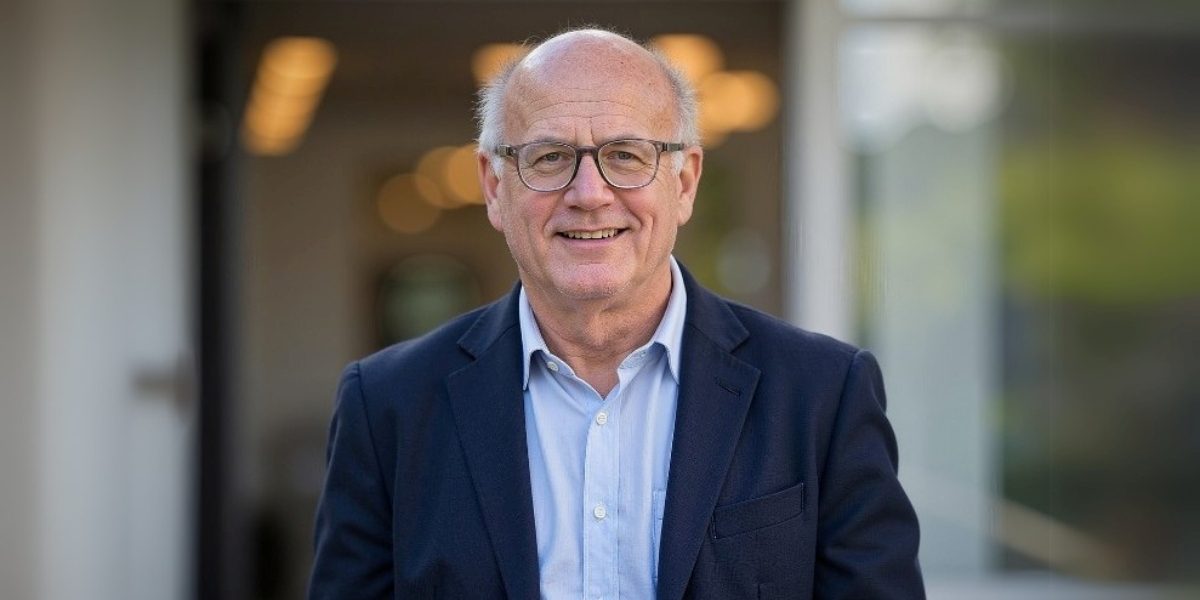Scientific research once celebrated for its intellectual precision, now faces a significant crisis: the unchecked rise of flawed and unreliable science. In today’s research environment, distorted incentives prioritize speed over substance and visibility over validity. The gap between genuine scientific inquiry and the dangers of methodological shortcuts, cognitive biases, and rushed conclusions has never been more evident.
Leading the charge in this intellectual battle is Dr. Michael Lissack, who advocates for a return to science’s foundations—intellectual humility and rigorous scrutiny. As the founder of the Second Order Science Foundation, Dr. Lissack is at the forefront of efforts to refine scientific practices, pushing for a shift that values deliberate review, skepticism, and methodological integrity.
The Systemic Decline: How Science is Losing its Integrity
Scientific research has long been guided by careful examination and a commitment to discovery. In today’s academic landscape, however, there is increasing emphasis on publication output, which can sometimes challenge traditional standards of rigor. This environment has brought greater attention to issues such as data reliability, peer review processes, and the role of confirmation bias in research. As a result, discussions around improving transparency and research integrity have become more prominent within the scientific community.
This decline is exacerbated by a range of deeply ingrained systemic pressures:
- Journal editors prioritizing sensationalism over substance
- Universities rewarding high publication counts rather than genuine insight
- Funding agencies favoring conformity instead of groundbreaking innovation
The pursuit of discoveries is often fast-paced, sometimes placing more emphasis on innovation than thorough validation. In this environment, preliminary findings can gain attention before being thoroughly tested, leading to ongoing discussions about the balance between speed and rigor in scientific research.
Dr. Lissack cautions that these challenges in research extend beyond academic discussions, potentially influencing key areas such as public policy, technology, and medicine. As scientific findings shape decision-making in various fields, helping with research integrity remains important for broader societal outcomes.
A Movement Against Epistemic Complacency – The Second Order Science Foundation
In response to this crisis, Dr. Lissack founded the Second Order Science Foundation, a platform dedicated to reclaiming intellectual integrity in research. Rooted in cybernetics and pragmatic constructivism, the foundation challenges the rigid dogma and uncritical acceptance that have crept into scientific discourse.
The Foundation’s primary mission is to restore the lost art of continual questioning—something increasingly discarded in favor of certainty. In an age where conclusions are often prematurely labeled as ‘facts’, the foundation emphasizes critical self-reflection, methodological transparency, and a researcher’s ethical duty to scrutinize their work.
The foundation seeks to combat the pressure to prioritize fast publication over careful analysis by promoting a culture of methodological discipline and intellectual resilience. Dr. Lissack believes proper scientific progress requires an iterative, evolving dialogue—where conclusions are accepted, continually challenged, and refined.
How LLMs Worsen the Problem
The uncritical use of Large Language Models (LLMs) in research adds to the crisis of flawed science. While LLMs provide powerful computational abilities, relying on pattern recognition rather than proper understanding often results in significant epistemic gaps.
Dr. Lissack highlights a critical paradox: LLMs generate content that sounds authoritative but lacks true meaning. Although their outputs mimic expertise, they frequently reinforce biases, fabricate information, and misrepresent complex concepts. This growing dependence on AI-generated research amplifies the cycle of misinformation, leading to the widespread dissemination of unverified and sometimes wholly inaccurate findings.
The Second Order Science Foundation advocates for responsible AI integration, urging researchers to view LLMs as tools for augmentation rather than replacements for human critical thought. Without proper oversight, LLMs threaten to accelerate the very crisis of sloppy science that Dr. Lissack seeks to correct.
A Legacy of Intellectual and Professional Achievement
Dr. Lissack’s work reflects a commitment to exploring knowledge across disciplines and examining the dynamics of scientific practices. His research in complexity science, knowledge management, and leadership has contributed to ongoing discussions about adaptability and methodological approaches in various fields.
As a recognized global speaker, Dr. Lissack has inspired audiences to rethink conventional learning paradigms and performance metrics. His contributions to academia include:
- President of the American Society for Cybernetics (2015–2020)
- Founder of the Institute for the Study of Coherence and Emergence
- Founding Editor of the journal Emergence
- Professor of Design and Innovation at Tongji University, Shanghai
Dr. Lissack’s interdisciplinary expertise spans cognition, communication, and complexity science—fields in which he has developed new frameworks for understanding human adaptation and organizational behavior.
A Commitment to Ethical Leadership
Outside academia, Dr. Lissack’s legacy is marked by his deep commitment to ethical responsibility and social impact. His whistleblowing on financial misconduct in 1994 is one of modern history’s most significant acts of financial ethics advocacy.
Dr. Lissack’s commitment to moral integrity is also evident in his philanthropy. He used some whistleblower settlement funds to establish professorships in Social Responsibility and Ethics at Williams College and the University for Humanistic Studies in Utrecht, Netherlands. His advocacy for responsible AI development continues this legacy, helping technological progress align with ethical values.
Towards a New Scientific Ethos
Dr. Micael Lissack’s commitment to intellectual integrity is not just about identifying problems—it’s about creating solutions. His upcoming books, MisUsed Tools: Science’s Problem with LLMs and Questioning Understanding, Understanding Questioning, encapsulate his vision for a scientific community rooted in rigorous analysis rather than hasty conclusions.
Dr. Lissack encourages researchers, funders, and science communicators to engage in thoughtful and reflective scientific practices through the Second Order Science Foundation’s educational initiatives, training programs, and workshops. His work emphasizes the importance of acknowledging uncertainty, critically examining foundational assumptions, and carefully considering conclusions.
In an era saturated with misinformation, the need for scientific integrity has never been more urgent. Dr. Lissack’s work is not just an academic mission—it is a global call to restore the integrity of knowledge itself.
Disclaimer: The views and opinions expressed in this article are those of the author and Dr. Michael Lissack and do not necessarily reflect the official policy or position of any institution, organization, or entity mentioned. This article is for informational purposes only and does not constitute professional, legal, or scientific advice. Readers are encouraged to critically evaluate the content and seek expert consultation where necessary.
Published by Anne C.

















